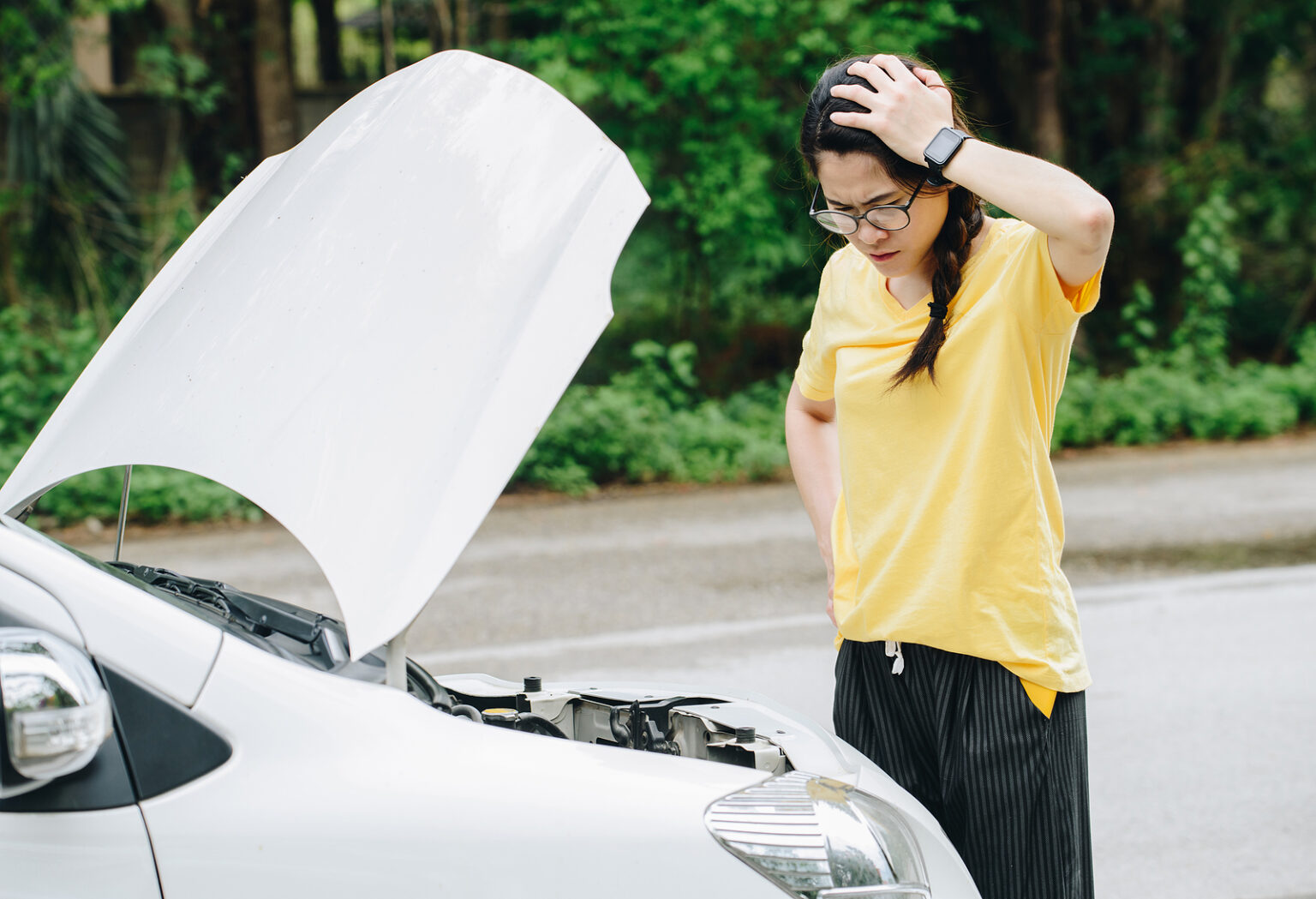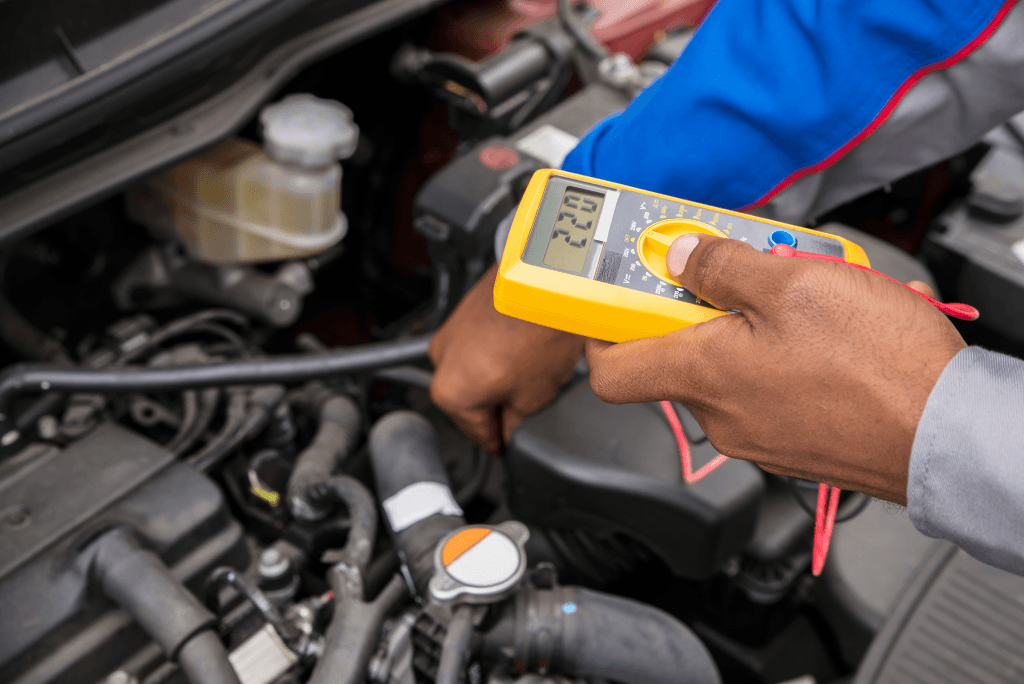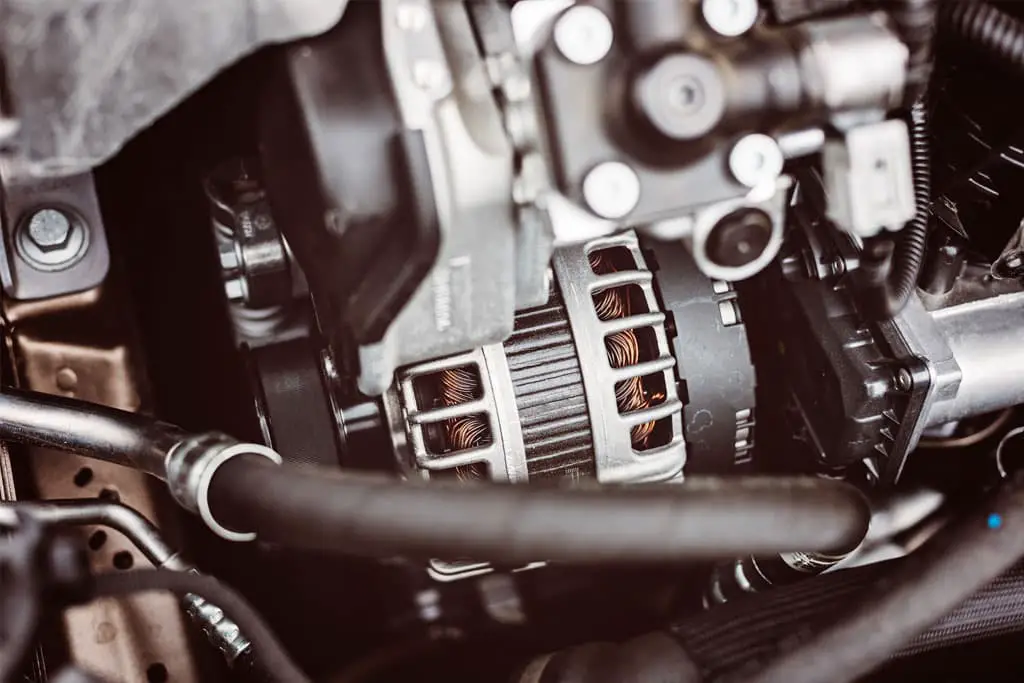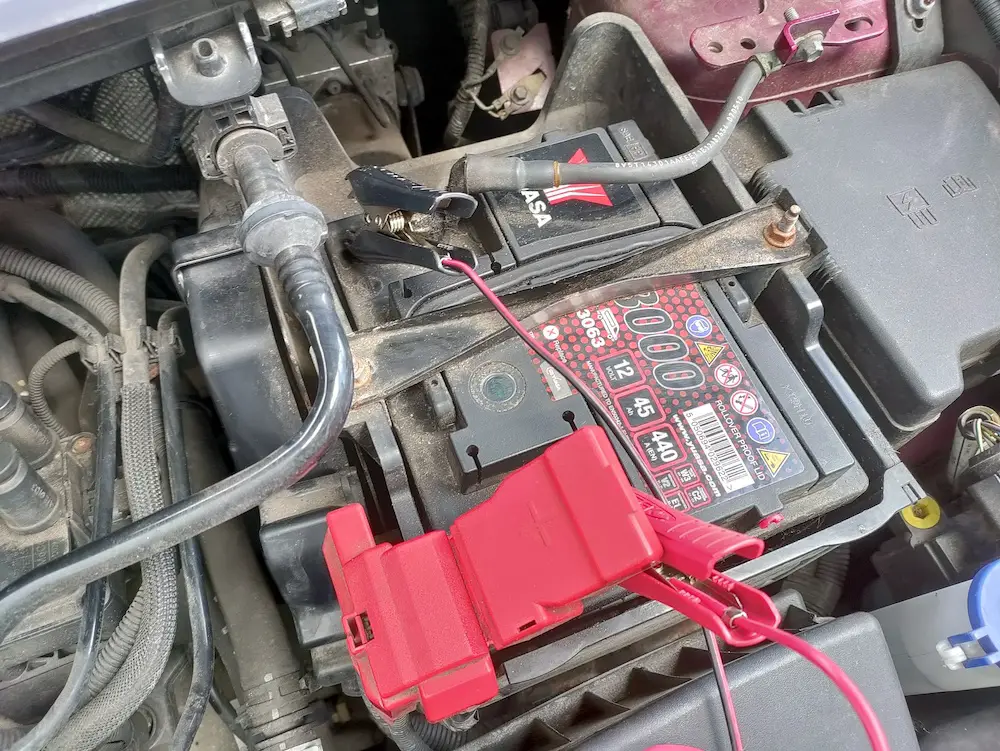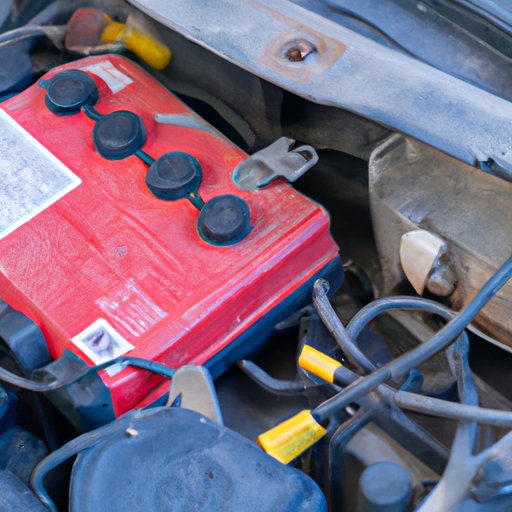Fine Beautiful Info About How To Tell If Alternator Going Bad

Bad alternator or battery troubleshooting.
How to tell if alternator going bad. This is especially true at lower rpm. With the vehicle in park, press on the accelerator while a second person observes the. To perform the headlight test, start your car and turn on your headlights.
Trouble starting car the battery’s main responsibility is to provide the power needed to start the engine. Usually, there are two likely culprits for a car that won’t start: If it continues to run, your battery is likely the culprit.
How does an alternator actually work. Once it’s started, remove the jumper cables — if your engine stalls, your alternator has probably gone bad. Dim or overly bright lights when an alternator begins to fail, it provides inconsistent voltage to your electronic accessories.
Generally, that takes the form of. To understand what the common alternator problems are, we should first know how it actually works. Lack of power or limp mode 3.
10 bad alternator symptoms to watch, listen and smell for 1. The charging system warning light could. Check engine light on a car's warning indicator light implies that there is a problem.
Depending on the car model, when the ‘alt’ or ‘gen’ or ‘ check engine ’. The alternator and car battery are part of your car’s electrical system. When you turn the key, any trouble could pinpoint issues with.
Method 1 using a voltmeter download article 1 buy a voltmeter. Since alternators power up the electrical system of the vehicles, one of the signs of a bad alternator would be electrical problems such as dim lights or flickering. If the voltage is below 13 volts or if it is fluctuating wildly, the alternator is likely suspect and will need to be removed and bench tested.
Symptoms of a broken drive belt include loud noises, squealing noises, and other sounds coming from beneath the hood. The failing alternator symptom most drivers recognize is dim or flickering lights. Dim or especially bright headlights or other vehicle lighting lighting that seems to swell in brightness with increased engine speed slow window motors, weak power locks, or other.
Regular stalling or difficulty starting. This can also be performed at any autozone. Common causes of a bad alternator are fluid leaking on the part, bad driving habits, and extended exposure to corrosive substances like salt and water.
The number one symptom of a bad alternator is when lights start dimming or flickering and electronics start to act weird. Bad alternator symptoms:






